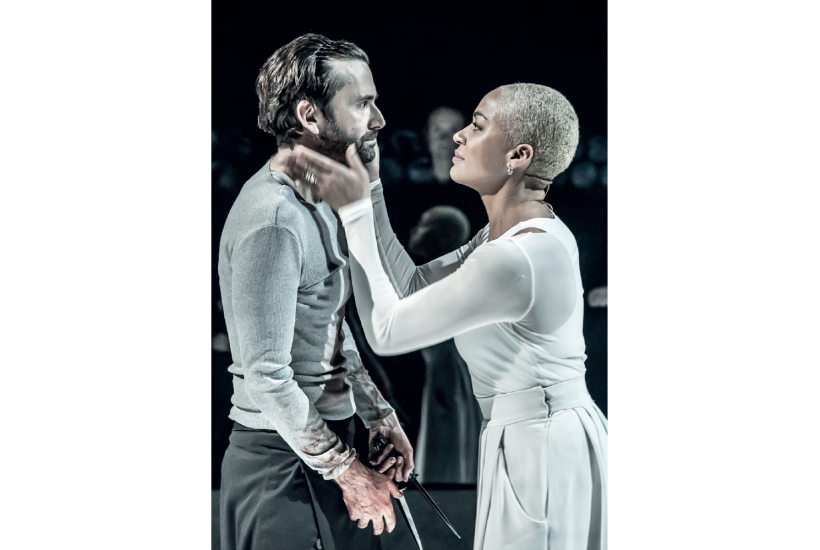Many of today’s theatre directors seem to believe that Shakespeare’s work was a huge mistake which they have a duty to correct. According to Max Webster, the director of Macbeth at the Donmar, Shakespeare’s error was to write scripts for the stage which would work better as radio plays.
His amended version is set in a fake recording studio where every seat is equipped with a set of headphones.
Already a subscriber? Log in
Subscribe for just $2 a week
Try a month of The Spectator Australia absolutely free and without commitment. Not only that but – if you choose to continue – you’ll pay just $2 a week for your first year.
- Unlimited access to spectator.com.au and app
- The weekly edition on the Spectator Australia app
- Spectator podcasts and newsletters
- Full access to spectator.co.uk
Or
Unlock this article
You might disagree with half of it, but you’ll enjoy reading all of it. Try your first month for free, then just $2 a week for the remainder of your first year.








Comments
Don't miss out
Join the conversation with other Spectator Australia readers. Subscribe to leave a comment.
SUBSCRIBEAlready a subscriber? Log in